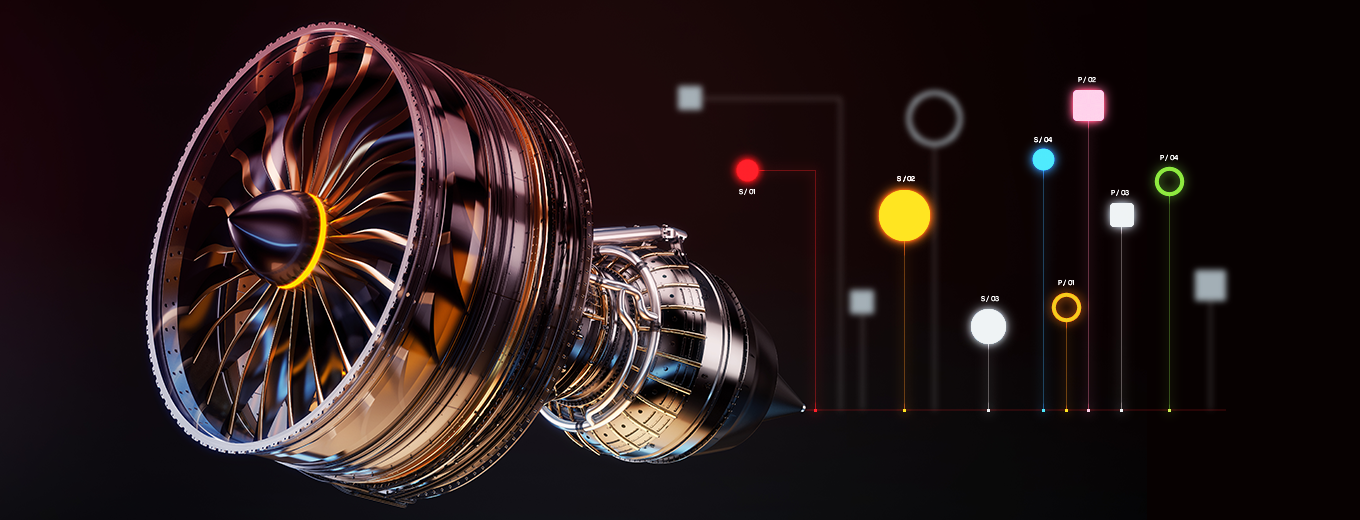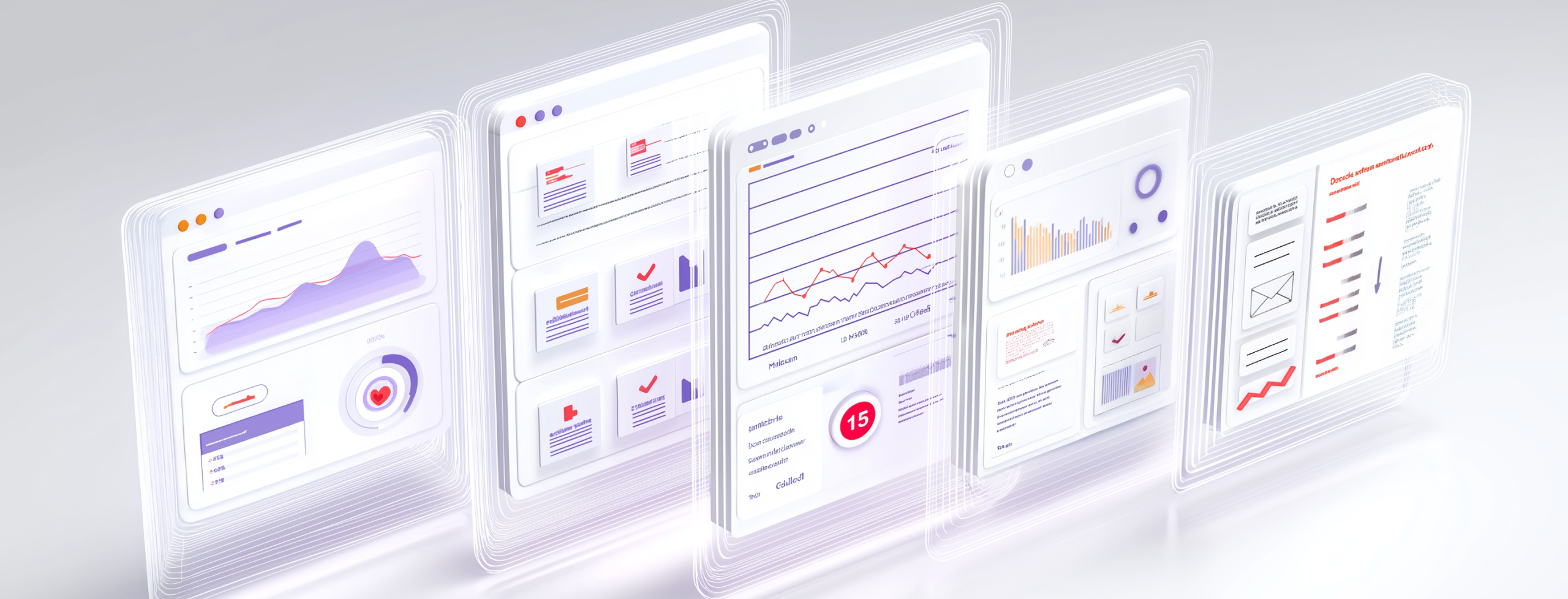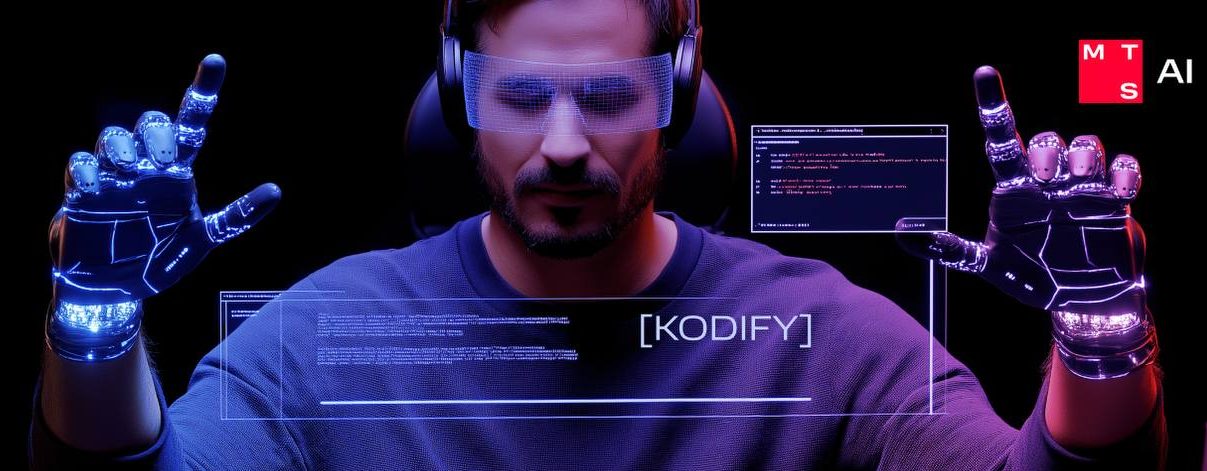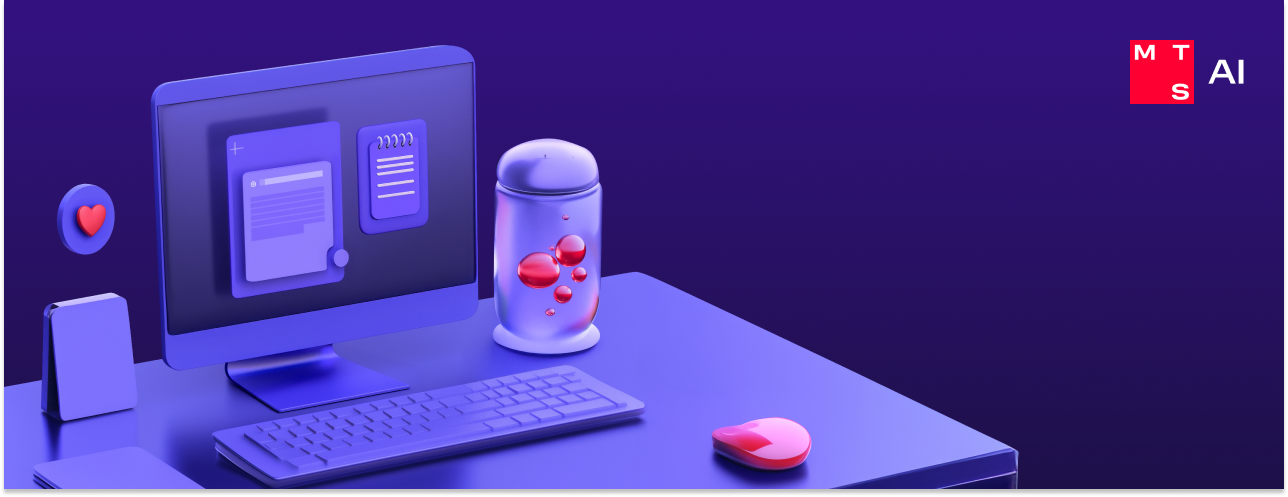The implementation of AI systems in industry opens new horizons for improving production efficiency and quality. AI proves its effectiveness in various areas – from leather sorting to quality control of electronic components. We explain how artificial intelligence helps automate the quality control process.
How Sorting of Raw Materials and Products Occurs
Quality control in production happens in various ways. In some enterprises, employees visually inspect and sort items manually – this is used for small production volumes or where there are no complex sorting criteria. Other productions use various mechanisms and devices – sieves, screens, air or magnetic separators for sorting by size or weight. Chemical substances, optical devices, and other methods are also used.
One of the main disadvantages of mechanical or manual sorting remains the low speed and slow adaptation to changing conditions – to control the selection of raw materials or finished materials. Also, the quality of manual sorting can suffer due to human factors: employee fatigue or negligent attitude towards work.
AI Solution for Manufacturing Companies from MTS AI and VisionLabs
Modern artificial intelligence systems can process huge amounts of data with high accuracy in real-time. Computer vision algorithms simultaneously evaluate multiple parameters: color, shape, size, texture, defects. If necessary, they can adapt to new types of products or sorting criteria. Artificial intelligence minimizes errors leading to product losses and helps reduce labor costs.
The company’s developers, together with specialists from VisionLabs (a subsidiary of MTS AI), have created an innovative software and hardware complex for analyzing video streams transmitted in real-time.
AI directly on the conveyor identifies low-quality products or defective areas and signals the operator when a flaw is detected. Then, defective products can be removed from the conveyor using pneumatic or mechanical systems, or defective areas can be automatically marked for subsequent analysis or repair. Information about the checked materials enters the data control system twice – at the entrance and exit of the production line to eliminate the human factor. Subsequently, this data can be used to train algorithms.
The software and hardware complex can work in difficult production conditions: high humidity, dim lighting, and a large amount of dust.
The system can be used in various industries:
- in metallurgy for detecting surface defects on steel billets;
- in mechanical engineering to visually control the correct placement of elements in complex parts and finished products;
- in the production of shoes, clothing, or paper – for sorting raw materials, detecting damage or contamination of the fabric, and detecting foreign inclusions.
VisionLabs and MTS AI specialists integrate the AI solution with existing equipment and set up the transmission of recognition data directly to the accounting module.
An important advantage of the system is the ability for self-verification, calibration, and fault diagnostics by the customer company’s employees. This increases work autonomy and reduces downtime.
Expected Result
The intelligent video analytics system allows for automatic control of sorting raw materials and finished products on the conveyor and minimizes the influence of the human factor.
AI recognizes defects, stamps, and other marks with an accuracy of over 95%, as well as classifies identified flaws and keeps count of the number of accepted blanks or products.
The processing time for each part or material fragment is less than 3 seconds, which allows for determining defects even at high production line speeds.
Despite the difficult operating conditions, the system demonstrates high reliability. It can work 7 days a week with an availability level of more than 95% in production workshops with high temperatures, dim lighting, and dust.













